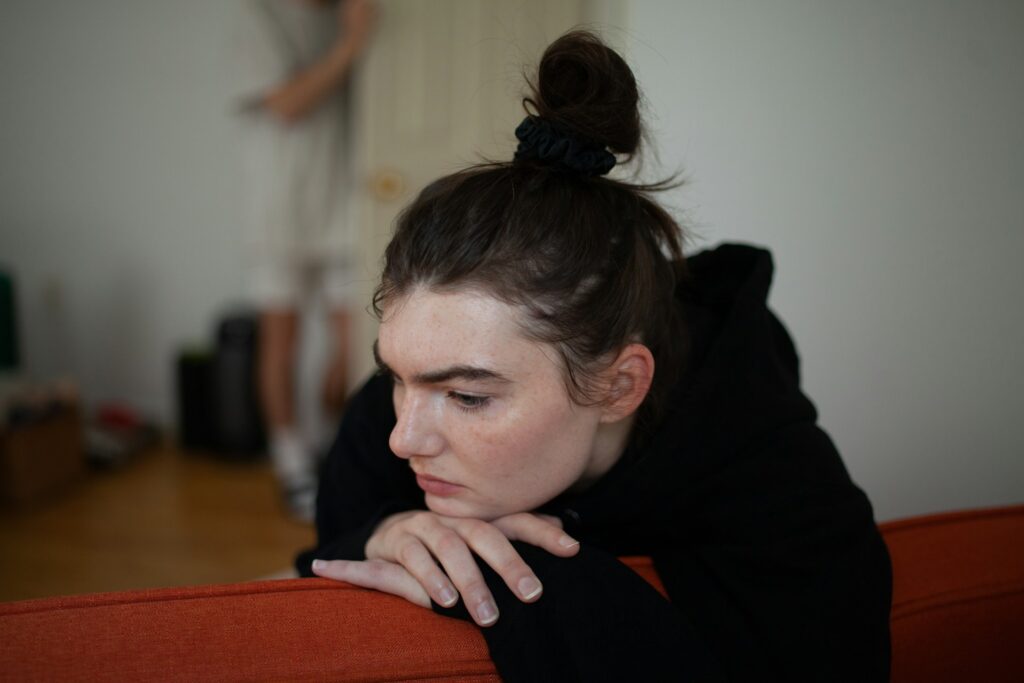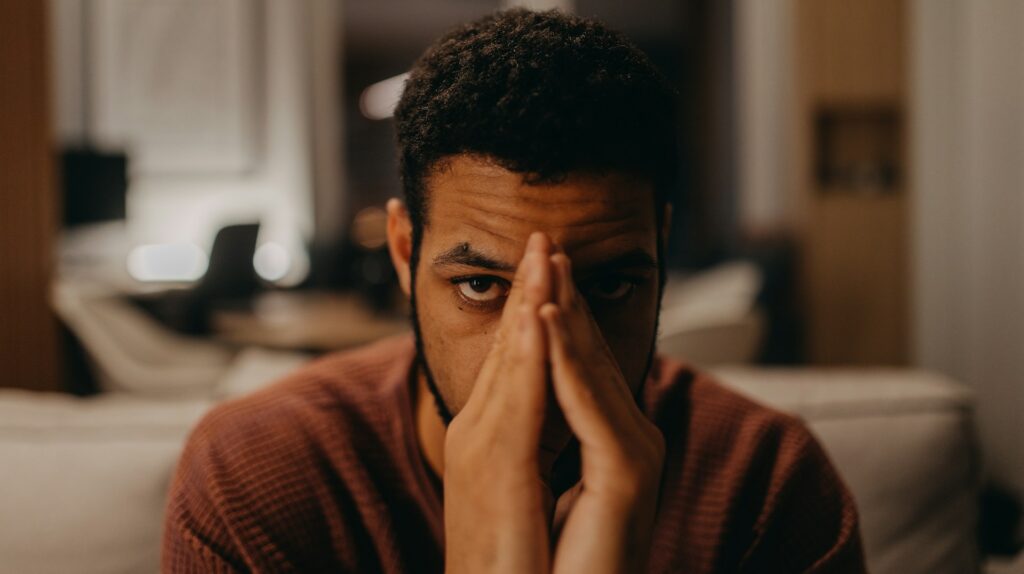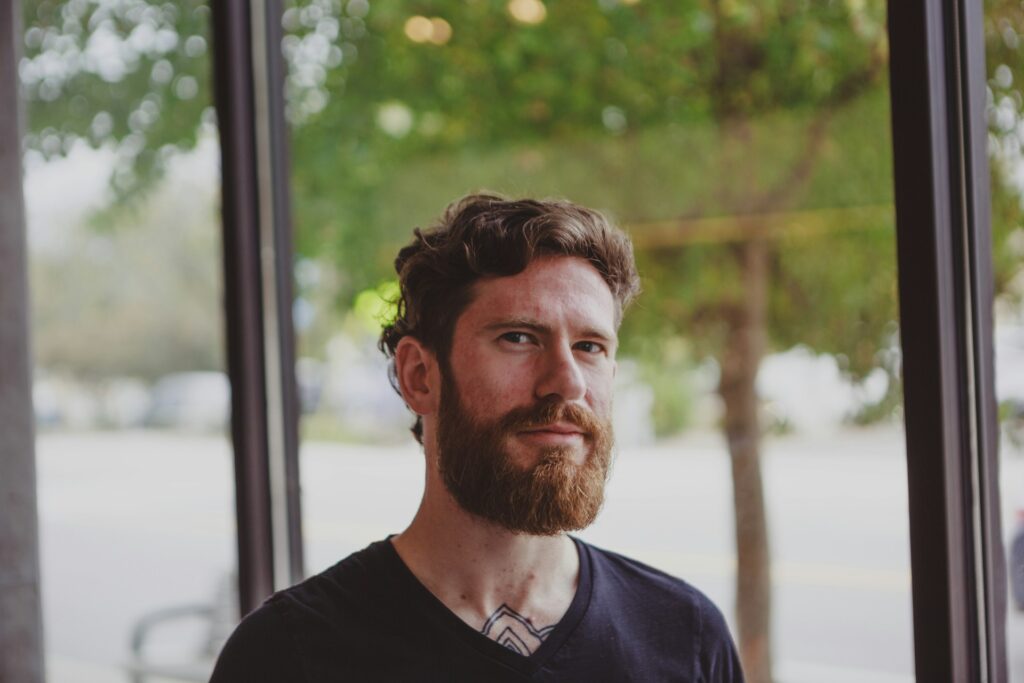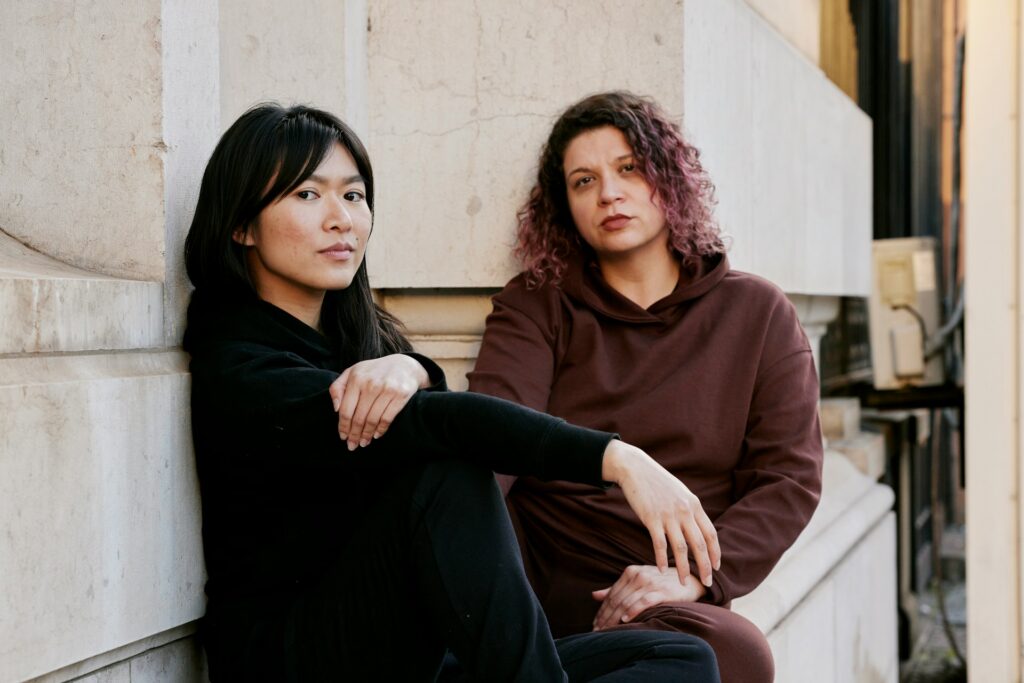We live in a time with more access, more information, and more connection than ever before.

And yet, so many people feel anxious, restless, and stuck in a fog they can’t quite name. Happiness feels harder to hold onto, like it keeps slipping through the cracks of everyday life. Even when things look fine on the surface, there’s often a sense that something’s missing. These are some of the honest reasons happiness feels harder to reach in today’s world, even when you’re trying.
1. We’re constantly comparing ourselves to other people.

Social media has made it almost impossible not to compare. Even if we know it’s curated, seeing other people’s highlights every day can make our own lives feel small, messy, or not enough. That constant stream of comparison doesn’t just affect confidence—it eats away at gratitude. It makes it harder to be content with what we have when we’re always seeing what we think we’re missing.
2. We’re overstimulated and under-rested.

Our minds are rarely still anymore. Between phones, notifications, background noise, and a culture that glorifies being “busy,” we rarely give ourselves the kind of rest that actually restores us. Happiness isn’t just about joy—it’s about mental space. And in a world that doesn’t slow down, even small moments of calm can feel like a luxury we’ve forgotten how to claim.
3. We’ve blurred the lines between productivity and self-worth.

It’s easy to feel like you’re only as valuable as your output. When your worth is tied to how much you’re doing, rest starts to feel like failure, and happiness becomes a reward instead of a right. That mindset is exhausting. It keeps people chasing milestones just to feel okay for a moment, instead of building a life that feels fulfilling in the day-to-day.
4. We don’t talk honestly about emotional burnout.

So many people are emotionally spent—caring for other people, holding it together, pretending to be okay. And yet, most of us downplay how drained we really are. That unspoken exhaustion builds up over time. And when you’re running on empty, even the good stuff in life feels muted. It’s not that you’re ungrateful—it’s that your emotional battery is fried.
5. We’re taught to chase happiness, not to build it.

We grow up believing happiness is something to find—through success, relationships, or milestones. But real happiness is often built slowly, through routines, relationships, and small moments of presence. The chase itself can become addictive. You reach one goal, feel a quick rush, and then it’s gone, leaving you hungry for the next fix without ever feeling deeply settled.
6. We’re disconnected from real human contact.

We message, comment, and scroll all day, but actual in-person connection has taken a hit. Even when we are together, phones are often in the way. Genuine connection—eye contact, laughter, shared silence—is one of the strongest sources of happiness. Without it, things start to feel hollow, even if we can’t quite explain why.
7. There’s constant pressure to be positive.

There’s an unspoken expectation to “stay grateful,” “look on the bright side,” or “not complain,” especially online. However, toxic positivity doesn’t leave room for real feelings, and that disconnect adds to the emotional weight. When you can’t be honest about your struggles, happiness starts to feel performative. It becomes something you fake for other people, rather than something you feel for yourself.
8. The world feels uncertain and overwhelming.

Climate change, cost of living crises, political tension—it’s a lot. There’s an underlying anxiety in modern life that makes it hard to relax, let alone feel light-hearted or carefree. Even when your personal life is going okay, there’s often a sense that something bigger is looming. That background stress takes up space where joy could live.
9. Our expectations are sky-high.

We’re told we should have it all—fulfilling careers, meaningful relationships, financial stability, personal growth, and free time. When real life doesn’t match up, it’s easy to feel like we’re failing. Lowering expectations doesn’t mean settling—it means recognising that happiness doesn’t come from perfection. It comes from making peace with the mess of being human.
10. We’ve lost touch with simple pleasures.

In a culture of upgrades, experiences, and aesthetics, basic joys can feel too ordinary to matter. However, those quiet moments—tea in bed, sun on your face, hearing your favourite song—are often the most grounding. Reconnecting with those things can bring joy that isn’t fleeting or performative. It’s small, steady, and real—and often more powerful than anything flashy or new.
11. Many of us are silently grieving.

Loss isn’t always loud. Sometimes, it’s the ache of a fading friendship, a missed opportunity, or the person you used to be. We carry so many invisible losses that never get acknowledged. Grief, even in its quiet forms, takes up emotional space. And until we give it room, happiness can feel like something we can’t quite access, no matter how much we try.
12. We don’t give ourselves permission to feel joy.

Some people struggle to feel happy because they’ve internalised the belief that they don’t deserve it. Or they worry that being happy will invite disappointment, so they stay guarded instead. Joy requires a level of vulnerability. You have to let go of control for a moment and allow yourself to feel light. That can be scary for people who’ve learned to stay braced for impact.
13. We confuse numbing with peace.

Scrolling, binge-watching, emotional detachment—these habits often feel like relief, but they’re not true peace. They’re escapes. And while they offer short-term comfort, they can leave people feeling emptier in the long run. Real peace comes from presence—not escape. It’s quieter, but more fulfilling—and when we’re always numbing, we miss the deeper kind of happiness that comes from being truly connected to life.
14. We expect happiness to feel big.

Happiness isn’t always a dramatic high. It’s often quiet—a soft sense of contentment, a gentle moment of being okay. But because we expect fireworks, we miss the subtle warmth of just feeling safe or steady. Learning to recognise these smaller moments of happiness helps you feel more grounded. It teaches you that joy doesn’t always shout. Sometimes, it simply sits with you in stillness.


